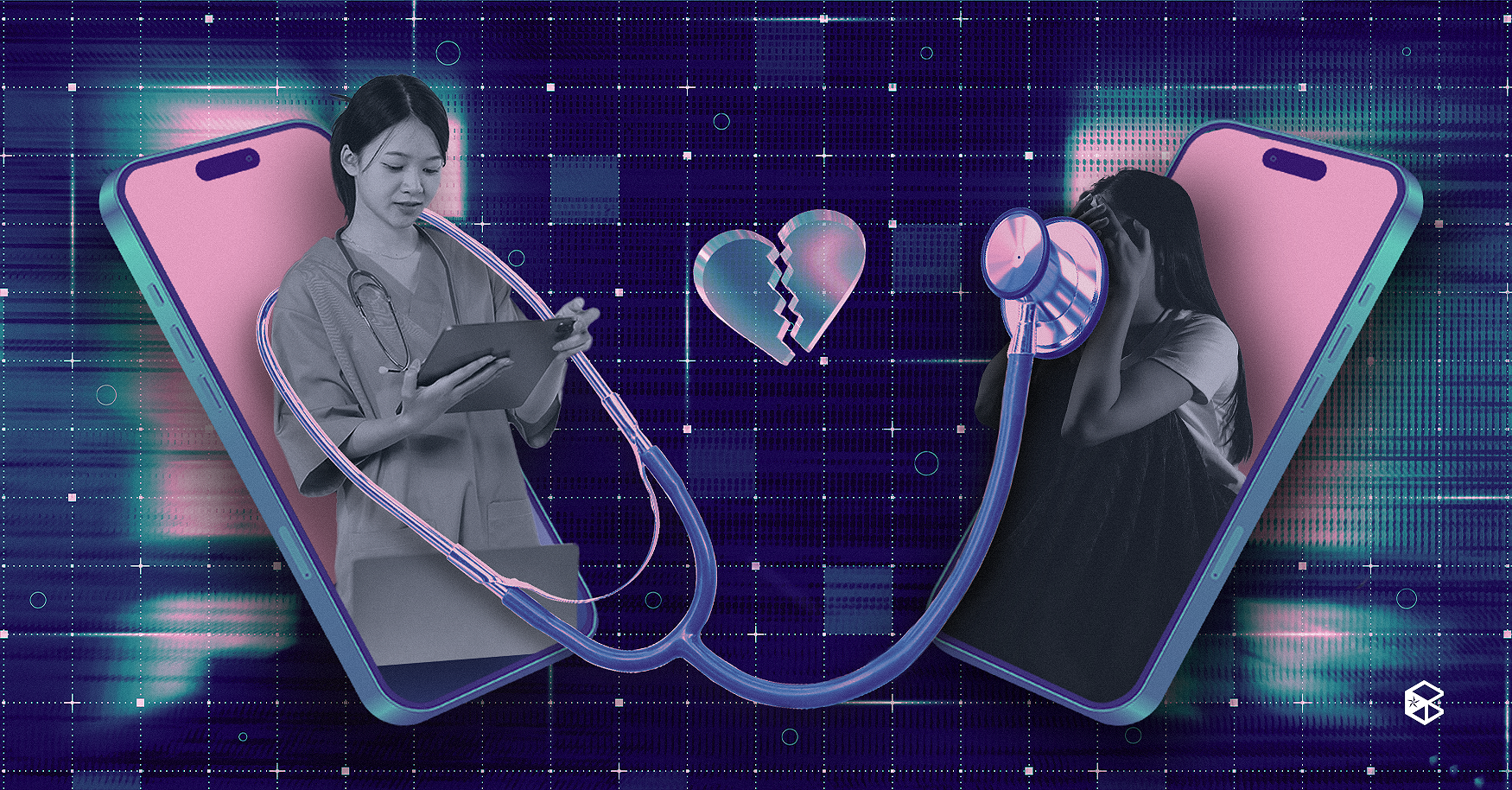For Gen Z, watching highly curated and relatable TikToks can feel like looking into a mirror. While these videos spark important conversations, they can mislead some to label their experiences based on oversimplified content.
A 2022 survey showed that as much as a third of Gen Z seek advice on topics like anxiety, weight loss, and depression on TikTok. Alarmingly, 83.7% of mental health advice on the platform is misleading and 14.3% promoted potentially damaging advice, posing considerable risks for those in need of professional care.
In an exclusive interview with The Benildean, a licensed psychologist and guidance counselor, Ms. Melanie Dionisio revealed that many students who visit the Benilde Well-Being Center (BWC) draw their own conclusions about their mental health based on online content.
“Self-diagnosis is a big no-no… You cannot treat yourself,” she emphasized, explaining that researching mental health on the internet should only be a first step before consulting a professional.
“When you prompt them and ask deeper [questions], sasabihin nila na ‘“Because I have read something about this. So am I depressed, am I anxious, am I bipolar?” she shared, highlighting how possibly false beliefs about oneself could worsen without appropriate intervention.
During the COVID-19 pandemic, a 2022 World Health Organization brief reported anxiety and depression increased 25%. Coupled with gaps in healthcare, people turned to technology for support. While the Mayo Clinic has found anxiety and stress levels have lowered since 2022, they remain higher than pre-pandemic levels as long-term changes continue to affect daily life.
“We experienced massive, collective trauma. What we need now is self-care, ‘Di mo magagawa ito kung ‘di mo idi-discuss sa expert,” Ms. Dionisio stressed.
According to the WHO, the youth was at a disproportionally higher risk of suicidal and self-harming behaviors during the first year of the pandemic. Today, #MentalHealth has over 20 million posts, reflecting its influence on this demographic, which forms a key part of TikTok’s user base.
Beyond a quick fix
According to American research university Johns Hopkins, self-diagnosing by using social media can cause confusion, stress, and delays in receiving proper care. Ms. Dionisio primarily attributes this reliance on social media for mental health advice to its accessibility but noted “initially [self-diagnosis] could be a relief, but we don’t want just relief.” She reminded students to be mindful of the information they consume online.
However, a recent study by Harvard and Boston University revealed that training influencers to discuss mental health increased views, demonstrating the importance of collaborating with them to create evidence-based content over casting doubt on them. This innovative approach proved social media can be a constructive tool for mental health when guided by experts.
While it may be tempting to rely on online information due to the cost of professional consultations, Ms. Dionisio reminded students that they can seek support from non-government agencies or school-based programs. At Benilde, the required first-year kumustahan interview with the BWC introduces students to its services so they know where to turn for help.
The BWC’s framework involves professional partners of psychologists and psychiatrists, in addition to testing, partnerships with other offices like the Center for Inclusive Education, and BeWell modules to support students’ psycho-emotional needs.
Students can contact BWC via their email address at bwc@benilde.edu.ph, and stay updated through the BWC Facebook Page. Appointments can be made from Monday to Friday 8 a.m. to 6 p.m. at their respective campus offices.


